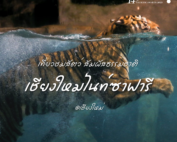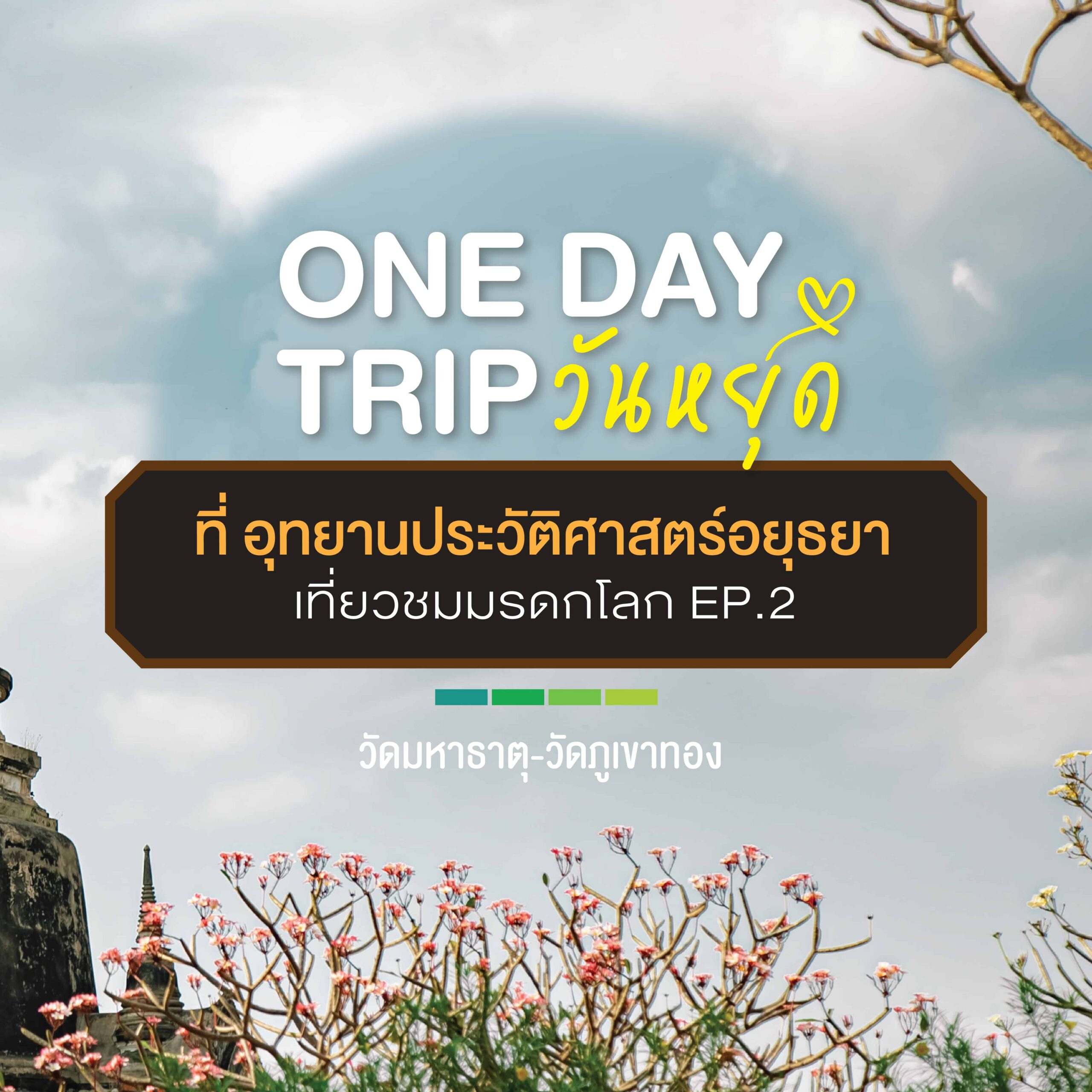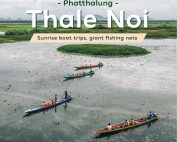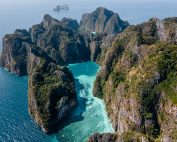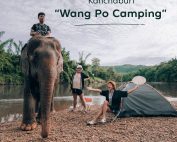Koh Mak
Koh Mak is renowned for its cool blue waters and rugged natural features and for some time now, the local community has been working together harmoniously to protect this environment. Their efforts are geared towards preserving the island’s many charms and welcoming travellers while keeping the tourism firmly sustainable.
Koh Mak is not particularly large in area but its beauty attracts travellers looking for a natural experience on Thailand’s unspoiled and often overlooked east coast. Despite not being a massive tourist destination and although it has a fairly small population, without proper management, environmental problems could easily arise with both nature and the local people suffering as a consequence. Bearing this in mind, one of the most interesting and impressive assets of Koh Mak is how the community has united to create sustainable tourism developments and avoid damaging their valuable natural environment.
Beyond the beautiful ocean, visitors may also learn the guidelines for the conservation of natural resources and the environment of this island community, particularly the underlying concept that has shaped this tourist attraction into a low carbon destination. Communal activities that aim to leave the smallest carbon footprint possible on the island and the planet include home-growing vegetables utilizing organic fertilizer, an automatic plant water dripping system powered by solar cell panels, buying seafood caught by local fishermen and turning food waste into natural compost. Moreover, there are numerous activities that help enhance the travellers’ conscienceregarding environmental conservation; for example, volunteering to collect garbage on the beach, learning how to harvest coconuts with a long stick and make cold-pressed coconut oil from an organic coconut plantation. Visitors can also bike around Koh Mak to observe the local way of life and snap up some unique local products.
Highlight Activities
- Learn the different perspectives of the prototype low carbon travel destination.
- Join voluntary activities like collecting garbage on the beach.
-
Bike around the island to observe the local way of life.
Best Time to Visit
- All seasons, December to March recommended (there are alternative activities in the rainy season)






